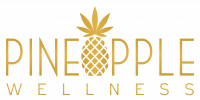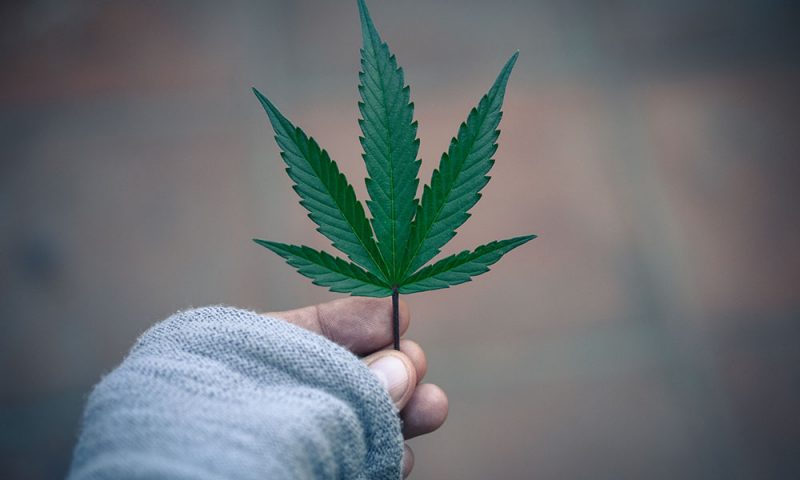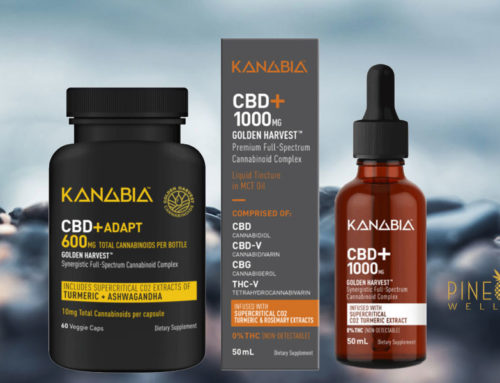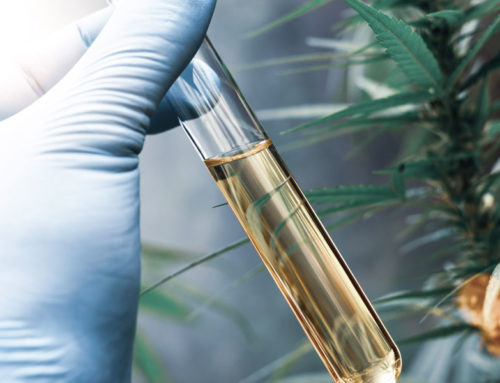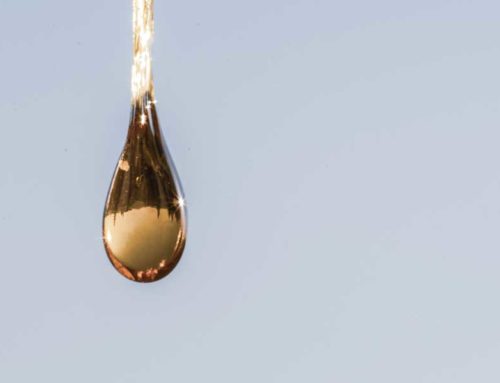It’s no small wonder why CBD has grown in popularity so quickly.
Scientific studies are revealing the potential health effects of CBD (Cannabidiol), from supporting the suppression of the immune system responses which cause inflammation, its ability to help reduce anxiety, in the treatment epileptic seizures and its ability to support the balance of your endocannabinoid system.
There are many new emerging manufacturers of CBD, and in an unregulated industry (the FDA does not oversee CBD products), this can be overwhelming for people, and confusing. Not all CBD products are the same. Some CBD products are derived from hemp and some are derived from cannabis.
How do you know if you are purchasing a quality product, or if the label is correct? Knowing the exact potency and ingredients is extremely important. A study conducted in 2017 found that almost 70% of online CBD products are mislabeled, either having substantially more or less CBD than what is written on the label.
This is the reason a Certificate of Analysis (COA) for CBD products is becoming a standard for reliable, law-abiding CBD manufacturers.
What is a Certificate of Analysis (COA) for CBD Products and Why is it Important?
The Certificate of Analysis (COA) is the lab test report provided by a licensed independent lab that breaks down exactly what is in a CBD product.
Aside from consuming ingredients you probably don’t want, you also want to know what exactly is in your CBD product, from the purity and potency, to other potentially harmful contaminants. A Certificate of Analysis for your CBD product will provide you this important information. COA’s create transparency for consumers as well as regulators and clearly identify exactly what is and is not inside a given CBD product.
You want to choose a dispensary or delivery service who readily provides a Certificate of Analysis (COA) for your CBD product.Reputable companies will have these lab results accessible by either a scannable QR code on the label/packaging or hosted on the company’s website.
Here’s what to look for on a Certificate of Analysis (COA) for a CBD Product
Each lab report format will vary; however, you’ll want to see the following information:
See these Pineapple Wellness CBD Certificates of Analysis for reference
The name, address, contact information, and the license # (where applicable) of the testing facility
The name of the product and any other identifiers printed on the label
What is printed on the report should match the label with regard to product name, dosage, lot number, batch number, and any other identifiers listed.
Sample identification number
This number is used by the laboratory to track the sample. This may include any state-required tracking information, a unique identifier developed by the laboratory, or both.
The date the product was submitted for testing and the date testing was completed
This is important to know to ensure that newly cultivated and manufactured products are being tested and that testing is done in a timely manner upon receipt of the sample.
Accreditations
Some laboratories place accreditation’s and certifications they have received here. Accreditation’s and certifications show that the laboratory has undergone review of its quality and operating systems by third-party reviewers to ensure compliance with their respective standards.
Signature Marks
All tests should be reviewed by the laboratory prior to release. The test report should be reviewed and approved by the Laboratory Director and the Quality Manager.
Testing Summary
This summary table shows all the tests that the sample was subjected to and the outcomes of the tests. This section is not required on a COA but is nice to have so that consumers know immediately what standards the product has been tested to and what their outcome was without having to read the entire report.
You will see the LOD and LOQ listed:
LOD is the Limit of Detection, which is the smallest amount that the instrument can accurately identify.
LOQ is the Limit of Quantification, which is the smallest amount that the instrument can accurately quantify.
After the summery, the report will show you a detailed breakdown of the following:
Cannabinoid Content
This is also known as the potency of the product.
For CBD flower products, dosage is typically presented in a percent by weight. For non-flower products, such as edibles or topicals, dosage information is typically presented in mg/g or mg/mL. Patients may then use this information to determine how much is in a dose that they are taking.
Residual solvents and processing chemicals
Cannabinoids are extracted using a number of different methods, some of which may include potentially harmful or toxic solvents such as butane or isopropyl alcohol. This test determines and quantifies the presence of any of those solvents.
Pesticides
This is a test to determine the presence, and quantity, of pesticides. Pesticides are used in most agriculture – even organically grown products use all-natural pesticides. Pesticides are regulated by the Environmental Protection Agency (EPA), and none have been approved for use specifically on cannabis and hemp. Some states have approved certain products or classes or products for use in the cultivation of cannabis and hemp, and some require testing for a range of allowed and prohibited pesticides.
Heavy Metals
Cannabis and hemp plants innately remove heavy metals from their soil. Therefore, the four primary heavy metals: arsenic, cadmium, lead and mercury are tested for by the state-licensed labs. The effects of consuming some of these chemicals, especially in the immunocompromised, could be significant, so you want to make sure you CBD product has been tested for heavy metals.
Reputable manufacturers will consistently test, and easily make available to you, their product’s current certificate of analysis (COA). You want to buy or consume CBD products that provide you with a current COA.
Lab reports empower you with the opportunity to know exactly what is in the plant, from quality to potency.
